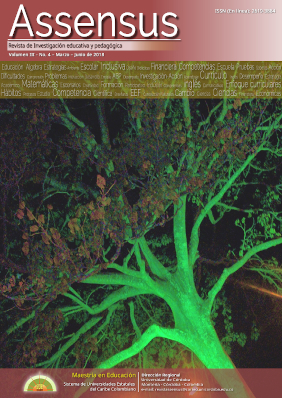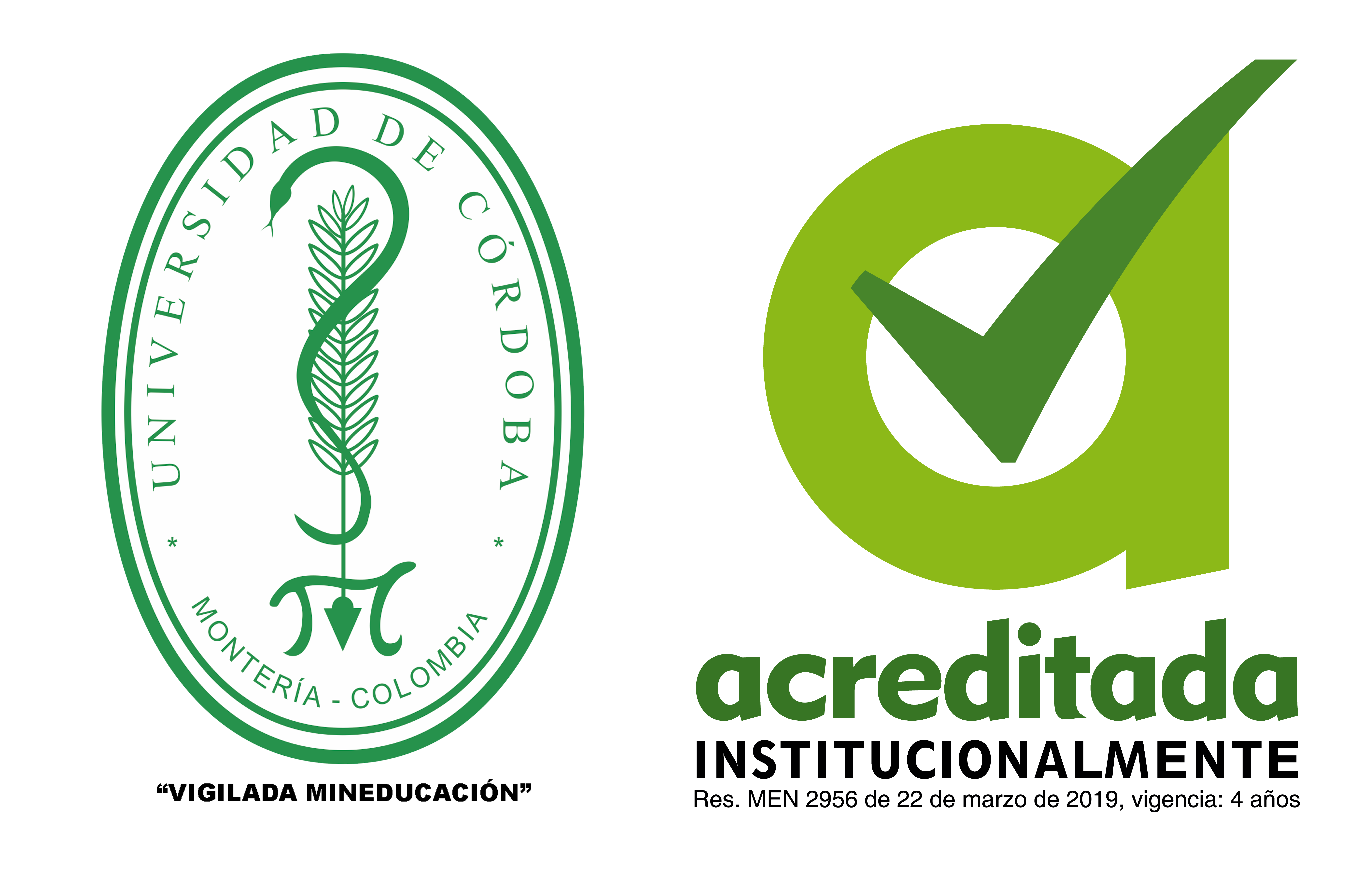Teaching strategies of teaching and learning through a model towards inclusive education
Estrategias didácticas de enseñanza y de aprendizaje en un modelo hacia la educación inclusiva
The Assensus journal has a Creative Commons license. The citation, use and partial or total reproduction of the contents is authorized by citing sources. For more information, see https://creativecommons.org/licenses/by-sa/4.0/deed.en
Show authors biography
This article shows the results of the implementation of an inclusive education model mediated in the design of teaching and learning strategies for the English, in 8th grade students of Instituciòn Educativa El Chiquí (San Bernardo del Viento, Córdoba). From the qualitative approach and supported by the Research-Action method, the design of teaching strategies was proposed two cycles and four phases: Diagnosis, Planning, Action, and Analysis -final reflection. The diagnosis showed some factors associated with the demotivation of students against content, the methodologies used by teachers in the classroom, and the limited use of available technological and didactic resources. The results of the teaching and learning didactic strategies implemented, showed a favorable evolution in study habits and student motivation, greater commitment to develop their academic activities, and an improvement in the performance of their cognitive and communicative in English skills.
Article visits 1193 | PDF visits
Downloads
- Beltrán, J. (1993). Procesos, estrategias y técnicas de aprendizaje. Madrid: Síntesis.
- Díaz Barriga, F. (2005). La evaluación auténtica centrada en el desempeño: Una alternativa para evaluar el aprendizaje y la enseñanza. México: McGraw Hill.
- Carr, W. & Kemmis, S. (1988). Teoría crítica de la enseñanza. La Investigación-Acción en la formación del profesorado. Barcelona: Editorial Martínez Roca.
- Derry S., y Murphy, D. (1986). Estrategias de enseñanza y aprendizaje. Revista de Psicología General y Aplicada, vol. 5, 32- 45.
- Derry, S.J. y Murphy, D.A. (2011) Designing systems that train learning ability: from theory to practice. Review of Educational Research, 56 (1), 1-39.
- Gandía González, L. (2013). Optimización de estrategias y técnicas de estudio del alumnado de 6° de educación primaria, con vistas al cambio de etapa educativa. TFM, Universidad de La Rioja.
- Gargallo López, B. (2006). Estrategias de aprendizaje, rendimiento y otras variables relevantes en estudiantes universitarios. Revista de Psicología general y aplicada. Vol. 59, núm. 1-2, pp.109-130.
- Hernández Sampieri, R., Fernández Collado, C., & Baptista Lucio, P. (2010). Metodología de la investigación (7°ed.). México: Mc Graw-Hill.
- Holly, P. (1986). La investigación en la acción como una estrategia para la práctica de la innovación. Murcia: Simposio Internacional de Innovación Educativa.
- Justicia, F. y De la Fuente, J. (2008). El Modelo DIDEPRO® de Regulación de la Enseñanza y del Aprendizaje: avances recientes. Revista Electrónica de Investigación Psicoeducativa, No. 13 Vol. 5 (3), pp:535-564.
- Justicia, F. y Cano, F. (1993). Concepto y medida de las estrategias y los estilos de aprendizaje. En C. Monereo (Comp.), Las Estrategias de Aprendizaje: procesos, contenidos e interacción. (pp. 113-126) Barcelona: Domenech.
- Kemmis, S. y McTaggart, R. (1992). Cómo planificar la Investigación Acción. Editorial Laertes. Barcelona.
- Pozo, J. (1990). Estrategias de Aprendizaje. En C. Coll, J. Palacios y A. Marchesi (Comps.). Desarrollo Psicológico y Educación, II. Psicología de la Educación (pp. 199- 221). Madrid: Alianza Editorial.
- Valle Árias et. Al. (2009). Diferencias en rendimiento académico según los niveles de las estrategias cognitivas y de autorregulación. SUMMA Psicológica UST, Vol. 6, No 2, pp.31-42.
- Weinstein, C., Acee, T. & Jung, J. (2011). Self-regulation and Learning Strategies. New Directions for Teaching and Learning, 126 (1). Disponible en: http://au.wiley.com/WileyCDA/WileyTitle/productCd-1118091639,subjectCd-EDZ0.html.



